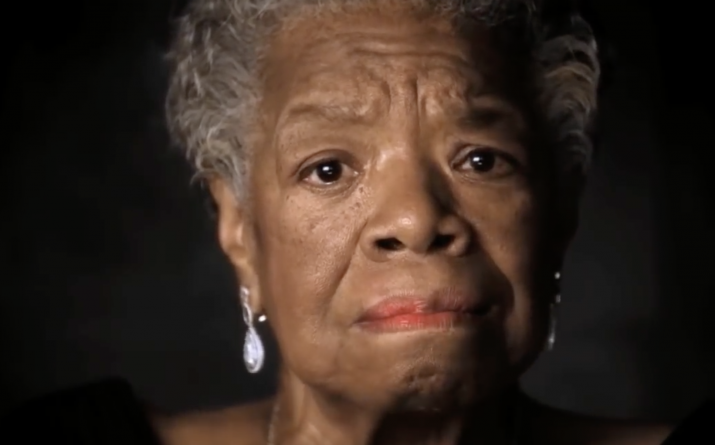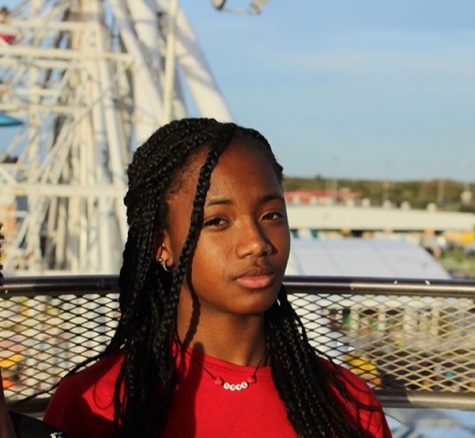New Video of Maya Angelou Resurfaces and Sparks Debate About Respect
April 15, 2019
A 30 year old video of Maya Angelou resurfaced on Twitter recently and sparked a heated debate about respect to others.
The video clip was an interview from around 1990 of Maya Angelou correcting a young girl on how she should say her name. She corrects the girl after she address Angelou as simply “Maya”.
“I’m not ‘Maya.’ I’m 62 years old. I have lived so long and tried so hard that a young woman like you, or any other, you have no license to come up to me and call me by my first name. That’s first,” she said to claps from the audience. “Also, because at the same time, I am your mother, I am your auntie, I’m your teacher, I’m your professor. You see?”
After his March 14 tweet sent Angelou’s name trending on Twitter, Pierre Phipps, who tweeted the video said the young woman in the clip reached out.
Kim Watts, who was the young woman in the clip is 49 and an educator in the San Francisco Bay Area. Watts told The Associated Press by phone Wednesday that she doesn’t have a Twitter account but friends and family alerted her to the hub-bub. She said she was a 20-year-old college student in 1989 when she went on a class trip to San Francisco to sit in the audience for a taping with Angelou of the talk show “People are Talking.”
“Her response threw me off. It was a little awkward for me, but at the same time it was like, oh my God this is Maya Angelou,” Watts said. “I remember feeling like, oh my gosh I insulted one of my icons, a person I look up to.”
Angelou later apologized in the show to Watts.
The video now has over 2.6 million views—and it sparked differing reactions from people around the internet.The conversation about what to call Angelou raised debate about whether all youths should always address their elders by “Mr.” or “Ms.” with their last name.Pierre Phipps heard from all sides since then and said opinions are varied.
In one argument, twitter users defended Angelou, explaining that she wasn’t disrespecting the girl, but rather making it clear how she prefers to be addressed. People also argued that a celebrated figure as accomplished as Angelou has every right to do so. However, other users found the clip to be rude, pointing out that they felt badly for the girl who was called out on national television and believe that is okay to call elders by their first name.
“They think Miss Angelou’s response was very elitist. They were really, really pissed about it,” said Phipps, who lives in Los Angeles and writes for television. “We’re living in progressive times and a lot of people said once they turn 18, they feel like they have an even platform no matter how old you are. History is no longer playing a part in how we go about our everyday lives. History is becoming history.”
The debate definitely depends on upbringings. While growing up, several of us only ever called adults by Mr. or Ms. and last name, a few of us were raised that it’s okay to call adults by their first names, as long as they’re friends, family, or acquaintances. I was personally taught that it is a rule of respect to address my elders by “Mr. ” or “Mrs.” with their last name and as an African American young woman, I am very aware that the debate goes back to those who came from the Jim Crow South, where calling a grown black person by their first name was a sign of disrespect because white people would purposely not call them Mr. or Mrs. or Miss to reinforce that they were considered inferior or to dehumanize them.
Britni Danielle, in a piece about the tweet at Essence online acknowledged young blacks responding to Phipps’ tweet who thought Angelou was out of line, writing: “We live in a time where some people don’t really value the things and people who came before them. That’s how we get shirts declaring, ‘I’m not my ancestors,’ or people looking to cancel dead Black writers like Angelou because they do not like an answer they’d given decades ago without understanding the context of the times.”


